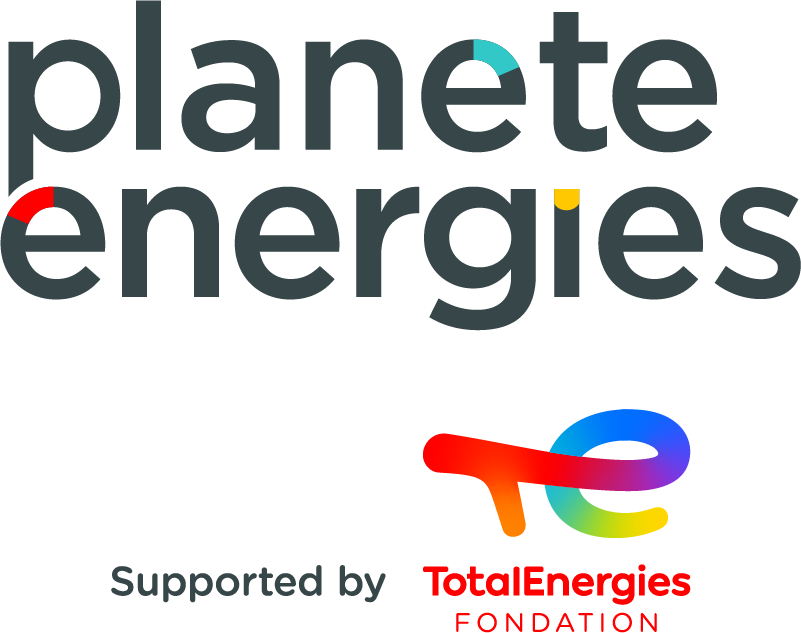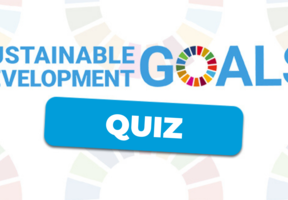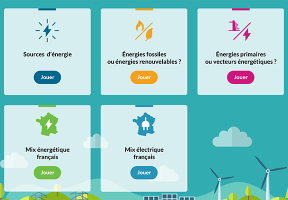What Is the Difference Between Renewable Energy and Sustainable Energy?
5 min read
“Renewable” and “sustainable” are often used interchangeably in everyday speech. But there’s a subtle difference…
What is the difference between and sustainable energy?
Renewable energy
Sustainable energy
The two terms sound similar. But in a lot of cases, they are very different.
Why? Energy is considered renewable when it is produced from a source that is constantly replenished by nature, on a human timescale.
Example #1: . This means producing from sunlight, which is infinitely renewable.
Example #2: wood. Also infinitely renewable and, when burnt, only releases as much carbon into the atmosphere as it captured while it was growing.
However, for these energy sources to also be considered sustainable, a lot of other factors come into play. Particularly the environmental and social impact of their production process from A to Z.
For photovoltaic solar energy this means, in particular, planning and managing the production of solar panels in a sustainable way, because they are made from various materials whose extraction is not neutral from an environmental and social point of view. It is also necessary to take into account the waste generated by their end-of-life disposal.
For wood this means ensuring that forests are managed properly. 1 tree cut down = 1 tree planted. That is protected and that the way the wood is processed and transported doesn't require too much fossil consumption.
Summary:
- Renewable energy = energy produced by a source that is constantly replenished by nature on a human timescale.
- Sustainable energy = energy whose entire production process has a limited environmental and social impact.
View more videos here






















